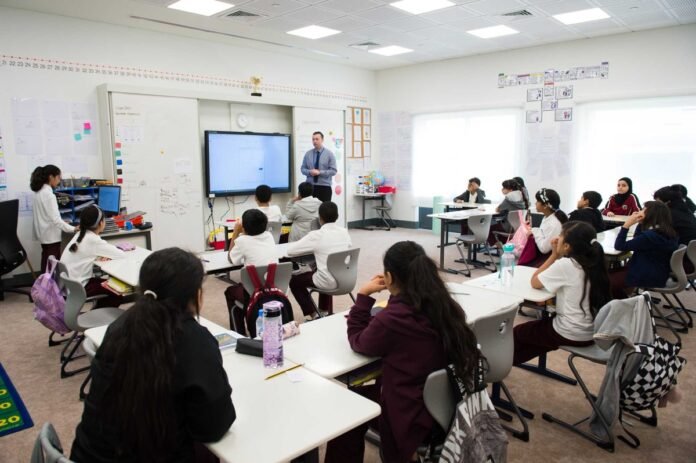Qatar Foundation (QF) is reinforcing its commitment to inclusive education through a model that supports academic success and personal development for all students.
The Pre-University Education division of QF delivers specialized programs and integrated support to meet diverse student needs. This includes students with learning difficulties as well as those with advanced capabilities.
Amina Yasser Ahmed, a student at Qatar Academy for Science and Technology (QAST), said the system pushed her toward excellence. “The rigorous curriculum and supportive teachers allowed me to explore scientific research and grow academically,” she said.
Ahmed, who conducted research at Sidra Medicine and the Qatar Biomedical Research Institute, said the experience helped her balance academic and research demands. She credited her school’s flexibility and the encouragement she received from educators.
Meanwhile, Reem Jamal S. Al-Kaabi, a student leader at QAST, founded the Medicine Club at Education City High School. The club brings together students from three QF schools: QAST, Qatar Academy Doha, and Qatar Academy Sidra.
Al-Kaabi also represented Qatar at the First Gulf Forum for Gifted Students in 2024 and spoke at KidZania Zummit 2025. She said QF’s environment encouraged her to apply her classroom knowledge in real-life scenarios.
“As a student leader, I felt empowered to take initiative,” said Al-Kaabi. “The inclusive atmosphere helped me develop skills in leadership and public speaking.”
Teachers are also central to the success of QF’s inclusive approach. Saifuddin Aftab, a STEM coordinator at QAST, emphasized the importance of building trust and understanding in the classroom. “My teaching starts with strong relationships,” he said. “When students feel safe and understood, they engage and learn better.”
Through its inclusive education model, Qatar Foundation continues to nurture young leaders and innovators. The organization’s focus remains on providing every student the opportunity to excel both in and out of the classroom.


